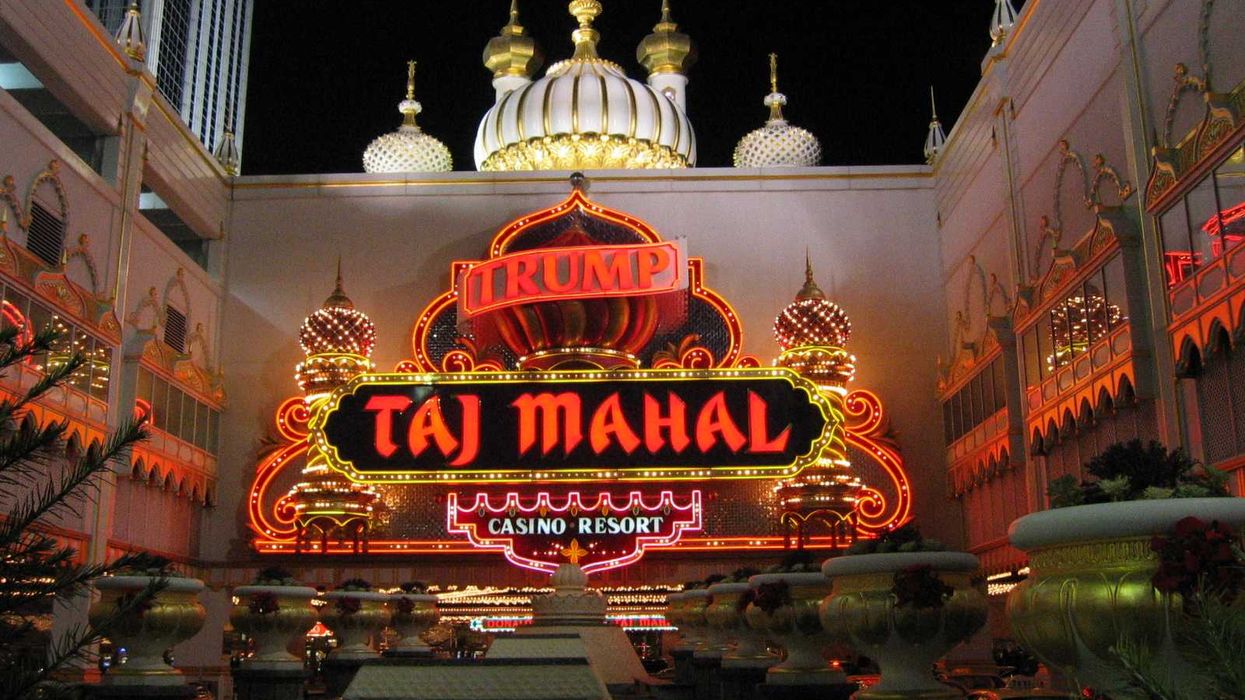How Trump turned America into a 'casino economy' built on gambling: analysis

By Jrballe - Own work, CC BY 3.0, https://commons.wikimedia.org/w/index.php?curid=3958541
Entrance to the Trump Taj Mahal at night

Entrance to the Trump Taj Mahal at night
In an article for The New York Times published Sunday, economic commentator Kyla Scanlon argued that President Donald Trump has turned the United States into a “casino economy” — one driven by speculation, risk and illusion rather than real investment in workers or industry.
Scanlon, author of In This Economy? How Money & Markets Really Work, wrote that despite Trump’s campaign promises to revive American manufacturing, his policies have fostered an economic system built on wagers and froth, where both markets and government decisions resemble high-stakes gambling.
"What he has ushered in instead is a casino economy, built on speculation and risk. Across markets and policy, wagers on the future are being made with other people’s money at a cost that could prove catastrophic," Scanlon wrote.
She pointed to examples across sectors: the explosion of A.I. investment fueled by borrowed money, the proliferation of memecoins, the use of tariffs as political poker chips, and the growing use of digital assets as loan collateral.
Scanlon argued that the private sector is “rolling dice that the foundations of the U.S. economy will hold,” while the public sector has retreated from its role as a stabilizer. Safety nets such as Medicaid and Social Security have been weakened, she noted, leaving ordinary Americans exposed when those bets go bad.
A.I. spending, she warned, has become one of the largest speculative bubbles in history, driven by trillion-dollar wagers from Big Tech firms like Microsoft and Nvidia.
Meanwhile, tariffs and erratic currency policies have made global trade more volatile. The result, Scanlon wrote, is an economy where the rich and powerful collect the winnings while average Americans bear the losses.
“Casinos run on illusion,” she concluded. “But economies don’t have to.”